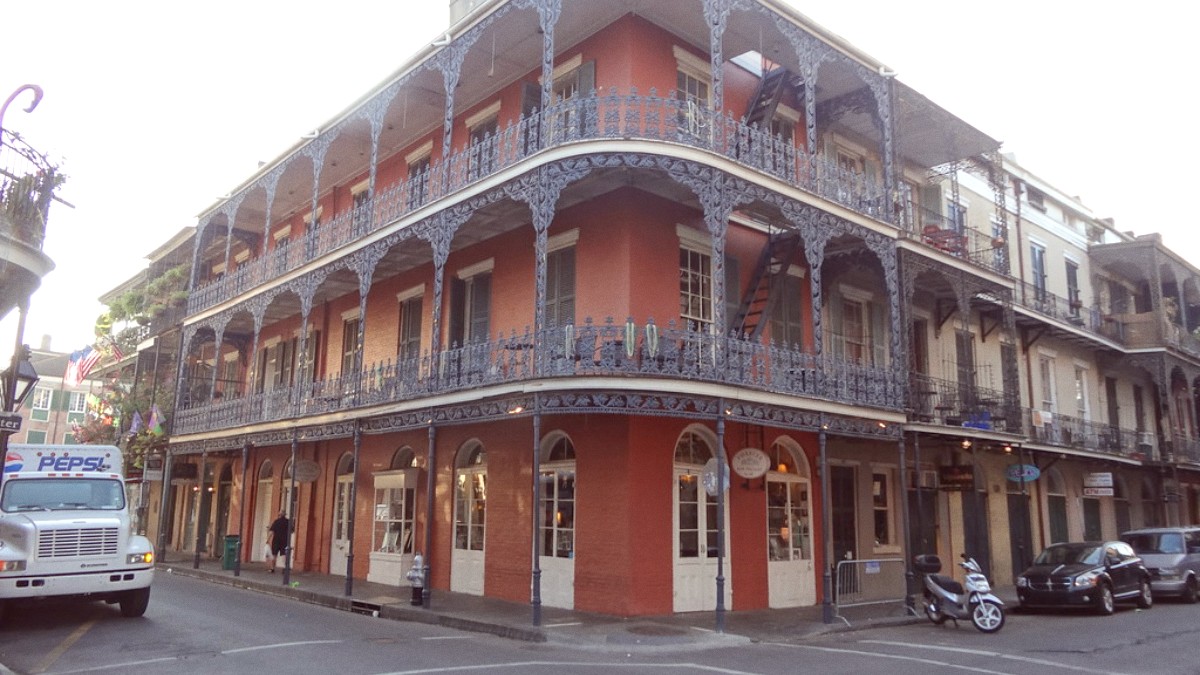
France
The Loire River enjoys UNESCO World Heritage status. Its designation acknowledges its value as a living cultural landscape with an unique ecosystem. Conservation focuses on the river's natural flow and biodiversity. The Forêt d'Orléans also is a protected national forest, managed for biodiversity.
France uses a developed recycling system. Separate bins for glass ("verre"), paper/cardboard ("papier/carton"), and plastic/metal ("plastique/métal") find placement in public areas, hotels, and apartments. Minimize single-use plastics.
France generally possesses sufficient water resources. Mindful water use always finds encouragement, especially during dry spells. Shorter showers and turning off taps when not in use contribute to conservation.
For long-haul flights to France, consider offsetting your carbon footprint through reputable carbon offset programs. Many airlines offer this option directly during booking. Independent organizations also offer this service.
Once in Orléans, prioritizing walking, cycling, and public transport (trams and buses) lessens local emissions. These modes of transport connect to the city's commitment to greener living.
Look for hotels or guesthouses that actively promote sustainable practices. Some properties may hold environmental certifications like "La Clef Verte" (Green ). These accommodations often apply energy-saving measures, waste reduction, and local sourcing.
Consider items that last longer and lessen waste.
Carry a reusable water bottle and shopping bag. Refill tap water, which is safe in Orléans.
Find reusable bagsPurchase groceries and souvenirs from local markets and independent shops.
Find local experiencesCultural sensitivity fosters positive and respectful interactions, enriching your experience and benefiting the local community.
Support the preservation of Orléans' history and culture by visiting and paying entrance fees at museums, historical sites, and cultural institutions. This approach funds their upkeep and research. Respect historical monuments and artifacts; avoid touching or climbing unless permitted.
Always greet people with "Bonjour" (or "Bonsoir") before asking a question or making a request. This fundamental courtesy marks interaction, whether entering a shop, addressing a waiter, or asking for directions. Attempting a few basic French phrases, even imperfectly, often meets appreciation.
When taking photos of people, exercise mindfulness. Always ask for permission before taking close-up shots, especially of children. Respect privacy in residential areas. Some museums, art galleries, or specific exhibits may prohibit flash or all photography. Follow these rules.
Dress modestly when visiting churches and cathedrals (like Cathédrale Sainte-Croix). Shoulders and knees should remain covered. Speak in hushed tones inside religious buildings. Avoid interrupting or disturbing religious services if they occur.
Cultural sensitivity extends to conversation topics. Being mindful of these points fosters more pleasant exchanges.
Political discussions with strangers are generally avoided.
Personal finances and salaries are considered private matters.
Avoid comparing France negatively to other countries, especially your home country.
Practice patience and maintain politeness in all interactions for a harmonious visit.
Responsible travel directs the economic benefits of tourism to the local community directly.
Choose locally owned restaurants and cafes over international chains to circulate money within the local economy.
Prioritize independent boutiques and bookstores. Your choices positively impact local residents.
Booking B&Bs (chambres d'hôtes) or gîtes supports local families directly.
Be aware of common tourist scams and avoid activities that seem exploitative or disrespectful.
Confirm any services you use (tours, guides, transport) originate from legitimate providers.
Exercise caution and common sense in all interactions and transactions.